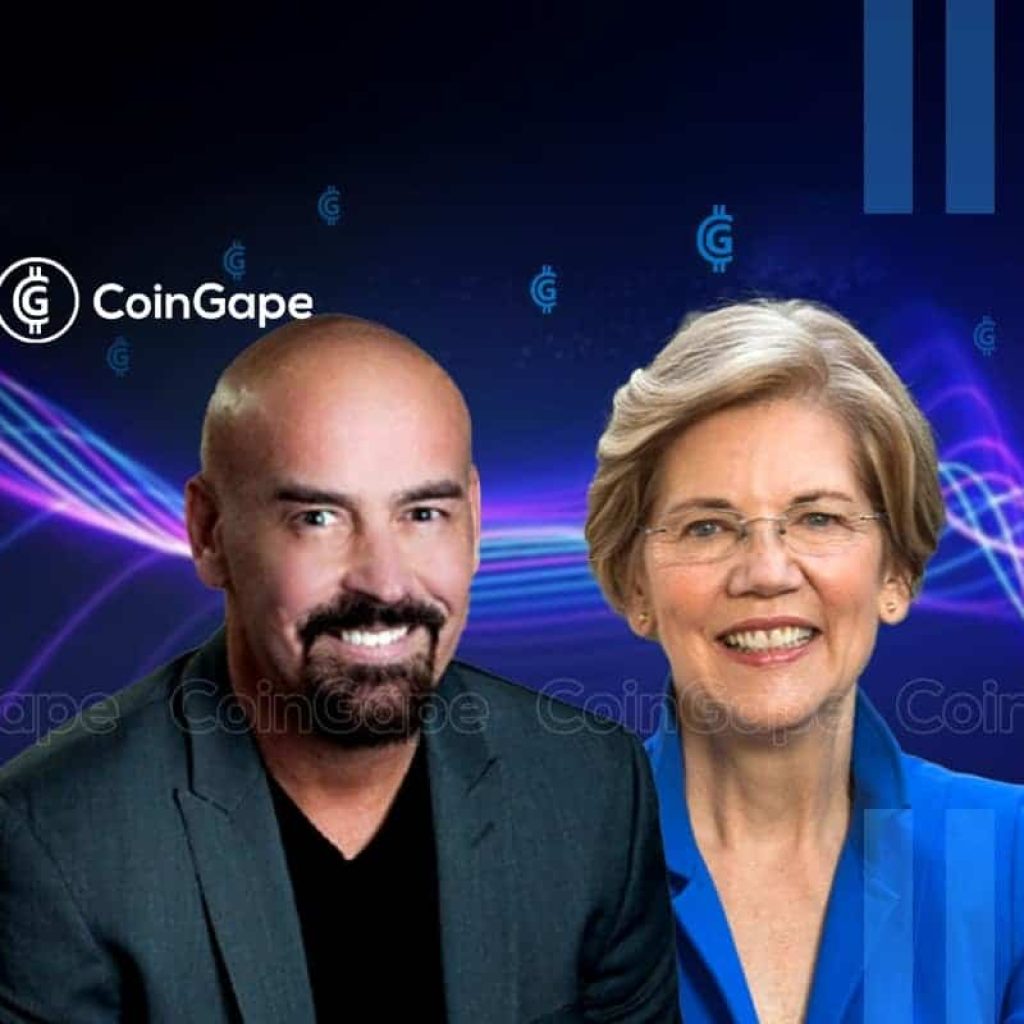The ticking clock on the world economy isn’t waiting. The International Monetary Fund (IMF) stands at the frontline, signaling an urgent call to arms.
With pressing issues on one hand and a seemingly lackluster response from global leaders on the other, IMF’s chief, Kristalina Georgieva, has placed a clear mandate before the members of the G20 bloc: It’s time to revitalize the world economy, and there’s not a moment to waste.
Climate Funds: Promises in the Air?
One can’t help but note the intensity of the G20 summit held in New Delhi. While this gathering of the world’s major economies expressed a firm commitment to address the debt vulnerabilities rampant in lower and middle-income nations, the concrete steps to achieve this remained conspicuously absent. More puzzling is their response to the escalating climate crisis. The promised $100 billion annually for climate finance seems like yet another hollow assurance as the clock keeps ticking.
Let’s call it as it is: the G20 members need to walk the talk. And while they’re at it, a look into strengthening multilateral development banks wouldn’t go amiss. Georgieva’s message? Use those domestic resources. Revamp the tax system, optimize public spending, bolster fiscal institutions, and establish robust local debt markets. The green transition won’t finance itself, after all.
Gearing Up for Financial Resilience
The IMF’s urgency isn’t baseless. In a world where economic shocks are becoming the norm rather than the exception, establishing a fortified global financial safety net is paramount. What does this entail? To start, an agreement to boost the IMF’s quota resources by the year’s end. This isn’t a mere token gesture. Such a move will ensure that the Fund has the required resources to extend interest-free support to the world’s most impoverished nations via the Poverty Reduction and Growth Trust. Georgieva’s call, however, seems to be echoing in a void, with the world waiting to see who’ll step up.
While on the surface, it may seem like the G20 summit was all talk and no action, there was a glimmer of progress in one area: the murky world of cryptocurrencies. The G20 did recognize the need to tighten regulations on these digital assets. In Georgieva’s words, the journey ahead, especially in the realm of digital money and crypto assets, is still an uphill climb.
To say that the IMF has thrown down the gauntlet would be an understatement. It’s not just about ringing the alarm bells; it’s a clarion call for world leaders to step up. A call to revitalize, reform, and re-energize. While the IMF’s SOS is loud and clear, the world now watches with bated breath: will the G20 leaders answer the call or let the world economy drift into further uncertainty?





